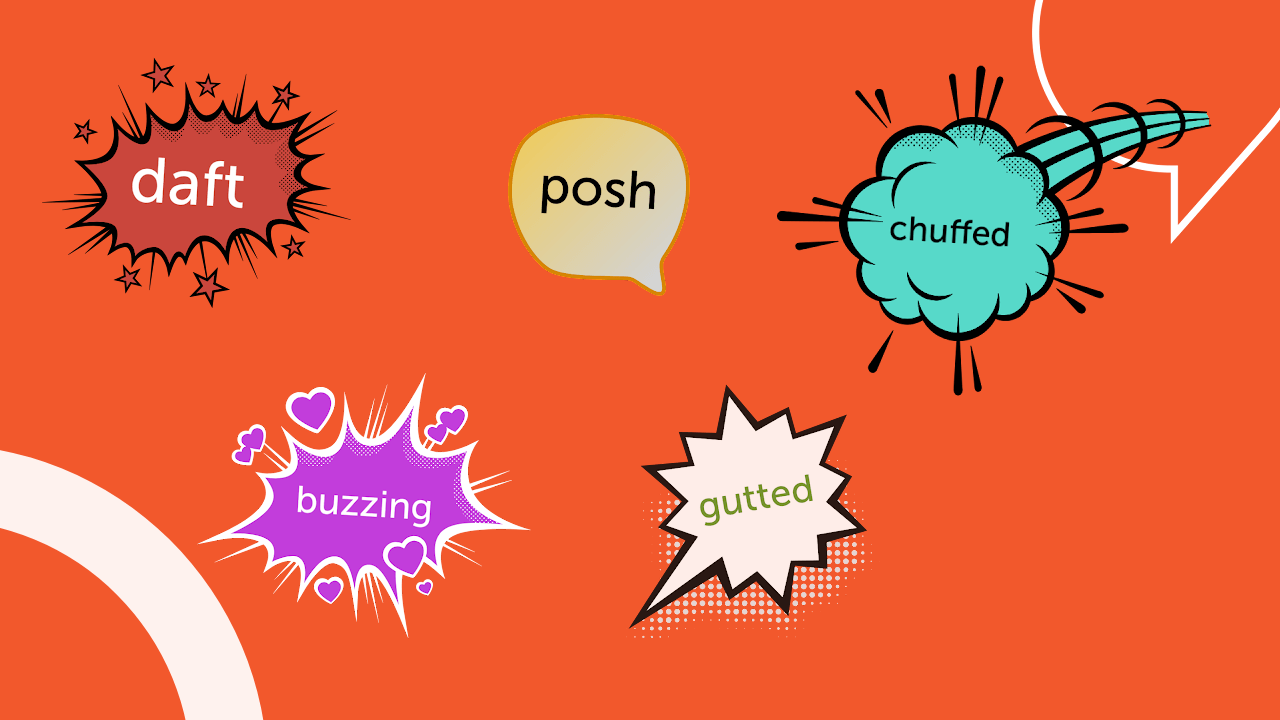British slang is like a secret language that people use in informal or casual situations. It’s made up of words or phrases that might not be in regular dictionaries, and it changes a lot depending on where you are and who you’re talking to.
It’s kind of like a cool, fun way of talking that gives a group of people something special to share. Sometimes, British slang words can mean something different from what you’d find in a regular dictionary, and they can help you fit in and feel like you belong when you’re talking to others who use the same slang.
This is a very simple greeting term. Basically, it means “Are you well / ok?” but it is used when you meet someone. In a way it is a very lazy greeting because it moves past saying hello and goes straight to the point of asking how someone is. By simply greeting someone with “all right” there is no need to then ask further.
However, normally you do not answer this greeting with an answer about how you are. The common response is to simply repeat the same back! This if often accompanied by a small nod of the head.
This term is a very casual greeting and not to be used in formal situations like the office or meeting someone’s parents.
It may be hard to understand as it is often said in a slight slur that sounds like “awwllright?”


Bottle very simply means courage or bravery, but it has a number of different uses in the English language.
To say someone “doesn’t have any bottle” is simply to say they are not brave. But you could also say “he bottled it” and this would mean he was going to do something but didn’t have the courage to do it. For example, he may have been asking a girl out on a date but got scared and didn’t do it. So he bottled it.
As with many slang terms, this is not offensive, but it is very informal and not for use in more formal or business situations.
Blimey is a short version of a traditionally London term which is “cor blimey” or “gor blimey”. The original term was “God blind me” but this has long since been lost.
It’s a way of expressing anger or surprise:
Blimey! That was an expensive meal.
Cor blimey! I didn’t expect the film to end like that.
Blimey is a term used to express surprise or shock at something. It is commonly used in New Zealand and Australia as well as the South of the UK mainly.

At Perfectly Spoken, we’ve created a great course to help you understand and use British Slang correctly with lots of practice activities. Check it out here British Slang Course
You can also find more examples and explanations of British slang words and phrases on podcast channels and YouTube.
British slang can add colour to your language skills, but diving into it can be like entering a whole new world! It’s like learning a secret code that locals use to communicate casually. Start by focusing on common phrases you might hear in everyday conversation. Embrace the slang gradually, paying attention to context and how native speakers use it. Don’t worry if you don’t catch on immediately—like any language, it takes time to pick up slang. Practise by listening to conversations or watching British TV shows to get a feel for how these words and phrases are used naturally. Above all, have fun with it!